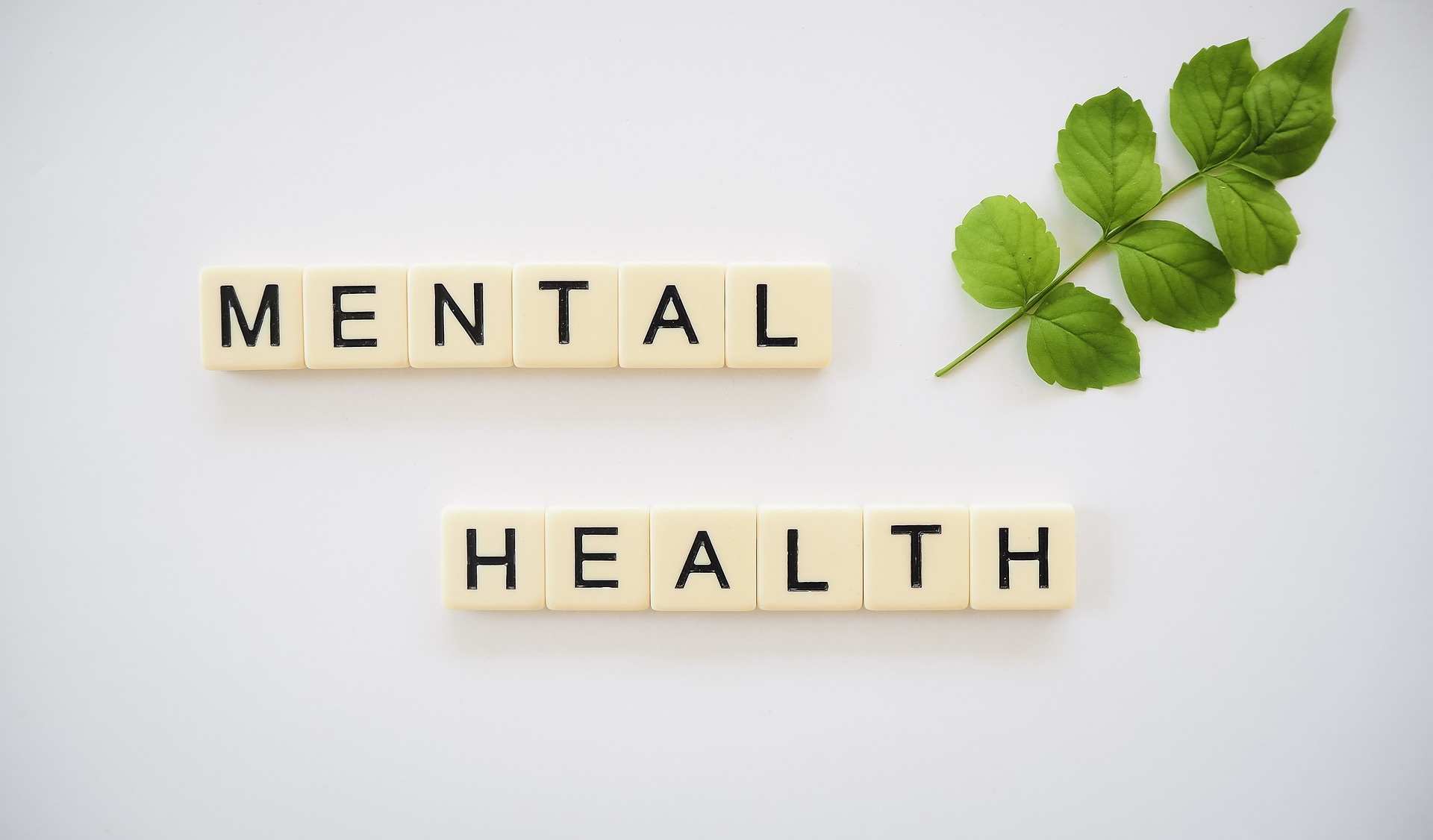Mental Health Awareness: Breaking Stigmas, Fostering Support
In today's fast-paced society, mental health awareness has become increasingly important. With rising rates of anxiety, depression, and stress, understanding and addressing mental health challenges are essential for promoting well-being and fostering supportive communities. Read below for insights into the importance of mental health awareness and strategies for promoting positive mental health.

Recognizing the Importance of Mental Health Awareness
Mental health awareness involves recognizing the significance of mental well-being and understanding the factors that influence psychological health. It encompasses destigmatizing mental illness, promoting open dialogue about mental health issues, and advocating for accessible resources and support services. By raising awareness about mental health, individuals and communities can break down barriers to seeking help and foster environments that prioritize emotional well-being.
Challenges and Stigmas: Overcoming Barriers to Support
Despite growing awareness, mental health stigmas persist, hindering individuals from seeking help and accessing necessary support. Negative stereotypes and misconceptions surrounding mental illness can lead to feelings of shame, isolation, and reluctance to disclose struggles. Overcoming these barriers requires challenging stigmas through education, empathy, and compassionate support, fostering environments of acceptance and understanding for those facing mental health challenges.
Promoting Resilience and Coping Strategies
Promoting mental health awareness involves equipping individuals with resilience-building skills and coping strategies to navigate life’s challenges. Practices such as mindfulness, meditation, and self-care promote emotional regulation, stress management, and overall well-being. Additionally, fostering supportive relationships, seeking professional help when needed, and engaging in meaningful activities contribute to resilience and empower individuals to overcome adversity.
Community Support and Resources: Building Networks of Care
Community support plays a crucial role in promoting mental health awareness and providing resources for those in need. Mental health organizations, support groups, and helplines offer invaluable services, including counseling, crisis intervention, and peer support. By building networks of care within communities, individuals facing mental health challenges can access the resources and connections necessary for recovery and resilience.
The Role of Education and Advocacy
Education and advocacy are essential components of mental health awareness efforts, empowering individuals to become informed advocates for themselves and others. School-based mental health education programs, workplace wellness initiatives, and public awareness campaigns raise awareness about mental health issues, reduce stigma, and promote help-seeking behaviors. By advocating for policies that prioritize mental health funding and access to care, individuals can contribute to systemic change and promote mental well-being for all.
Supporting Vulnerable Populations: Addressing Equity and Access
Promoting mental health awareness requires addressing disparities in access to care and support services, particularly among vulnerable populations. Marginalized communities, including people of color, LGBTQ+ individuals, and low-income families, face systemic barriers to mental health care, exacerbating existing health inequities. By advocating for culturally competent services, affordable treatment options, and social justice initiatives, individuals can work towards a more equitable and inclusive mental health system.
Conclusion: A Call to Action for Mental Health Advocacy
In conclusion, mental health awareness is a critical component of promoting well-being and fostering supportive communities. By recognizing the importance of mental health, challenging stigmas, promoting resilience, and advocating for equitable access to care, individuals can contribute to a society that values and prioritizes emotional well-being. Together, let us work towards a future where mental health is destigmatized, resources are accessible, and support is readily available for all.




